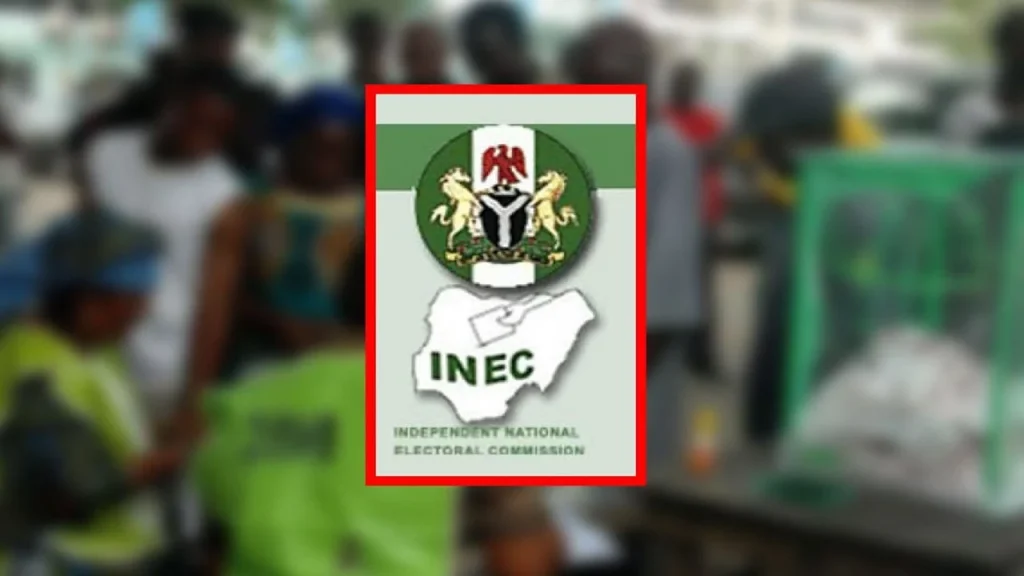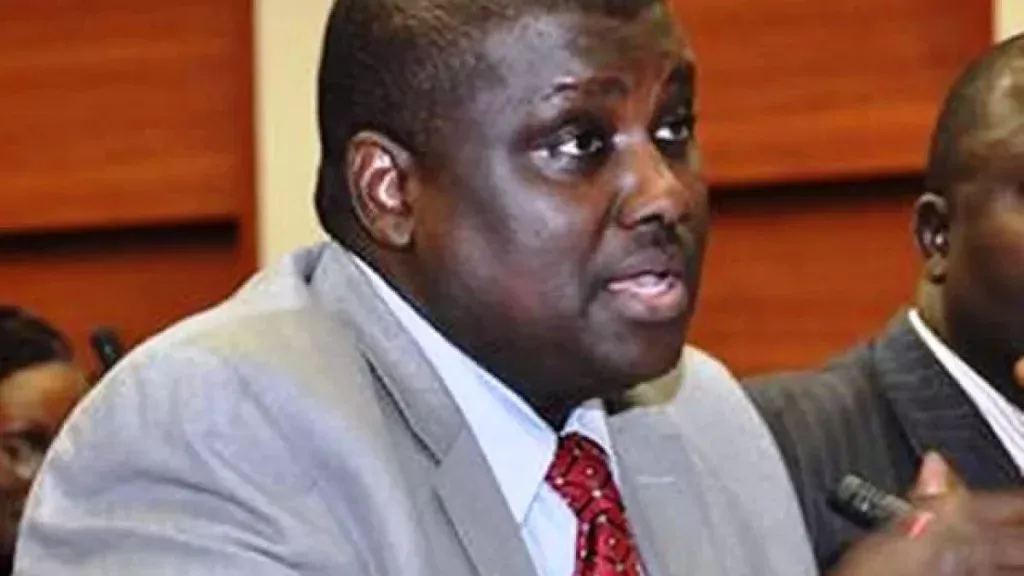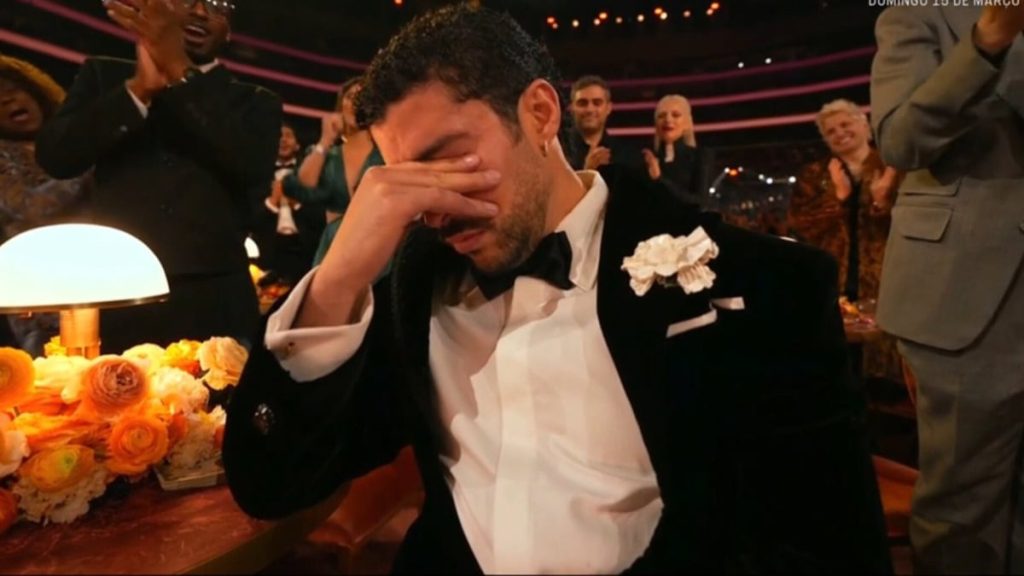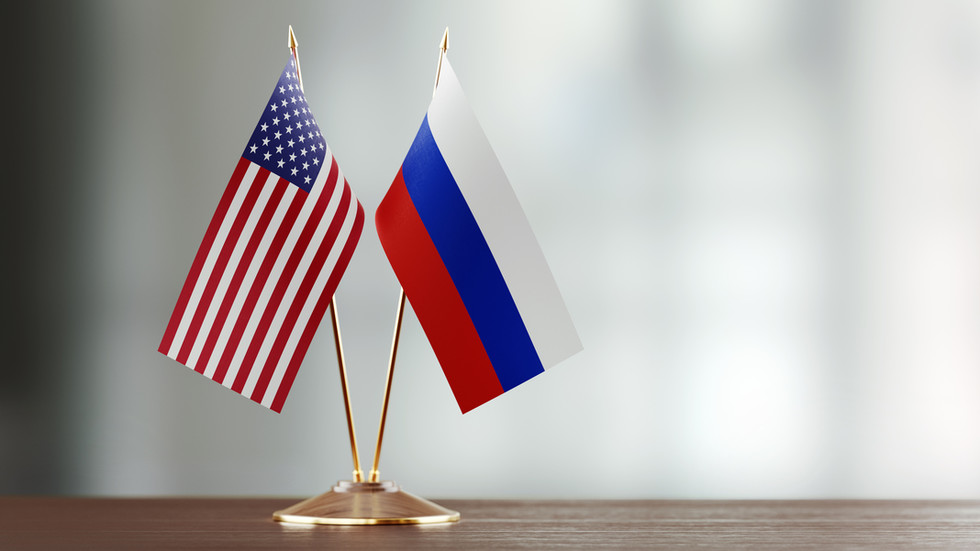Mali’s economy is poised for a significant transformation following the recent signing of a landmark agreement between the Mali military junta and Russia. The four-year deal, which paves the way for the establishment of a state-of-the-art gold refinery in the capital city of Bamako, is set to process an impressive 200 tonnes of gold annually, according to a report by the BBC.
As the third-largest exporter of gold in Africa, Mali boasts a thriving gold industry, with the precious metal serving as its primary export commodity, yielding substantial economic value for the country.
Finance Minister Alousséni Sanou expressed optimism about the refinery’s potential, highlighting its pivotal role in enabling Mali to exert greater control over gold production and ensuring the proper application of taxes and duties. This move signifies a strategic shift in Mali’s economic landscape, particularly in the wake of the 2021 military coup and the subsequent withdrawal of French troops in 2022, which prompted the nation to forge closer ties with Russia.
Despite its economic potential, Mali is confronted with the harsh reality of being among the 25 poorest nations globally. The country heavily depends on gold and phosphate mining, as well as the export of agricultural produce such as rice, millet, sorghum, and cotton to sustain its economy.
The collaborative effort between Mali and Russia holds the promise of not only bolstering the nation’s economic standing but also propelling it towards a future of increased self-sufficiency and prosperity. This landmark move underscores the strategic significance of international partnerships in fostering economic development and sustainability.



